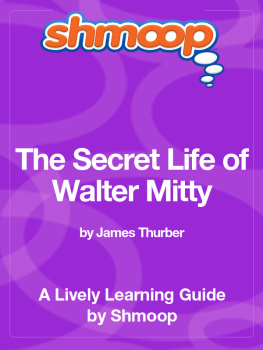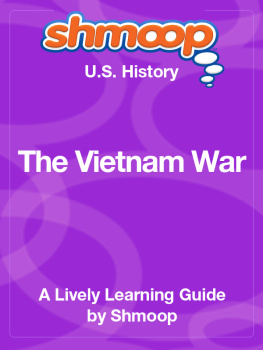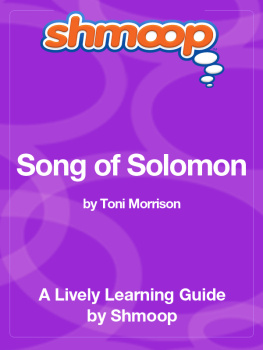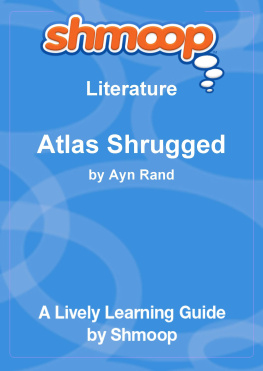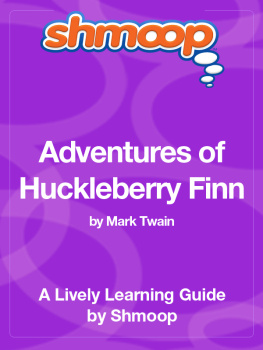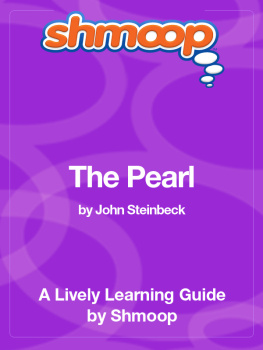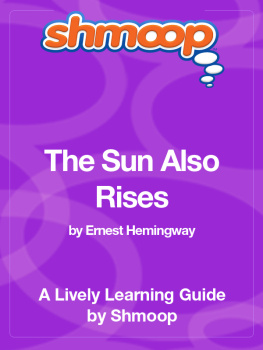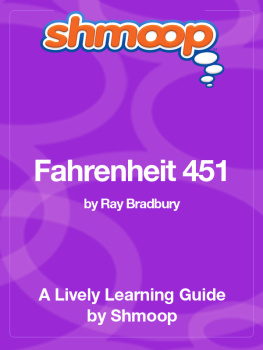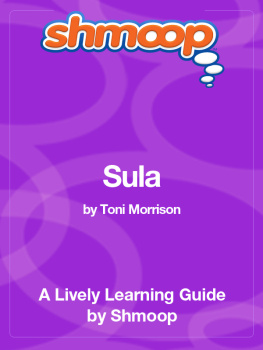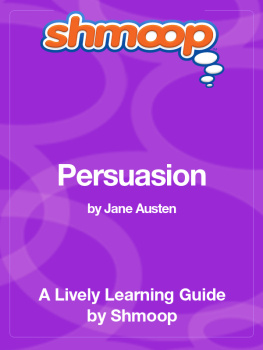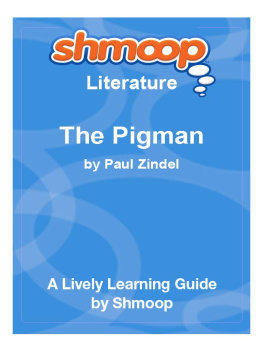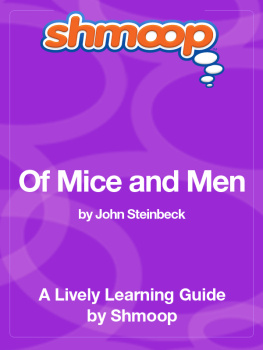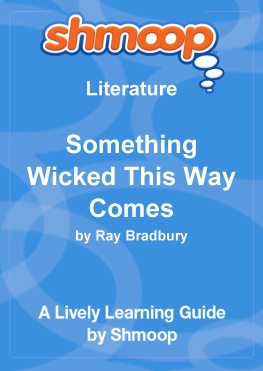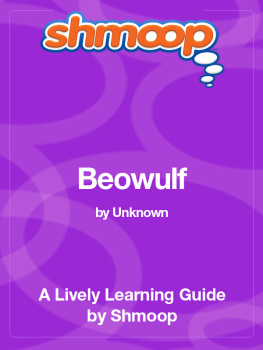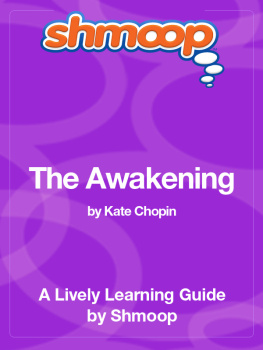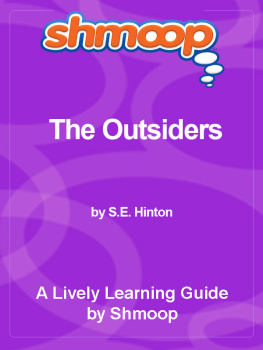
Table of Contents
In a Nutshell/Overview
James Thurber is most famous as a cartoonist and writer for The New Yorker in the 1930s and 40s. He published "The Secret Life of Walter Mitty" in The New Yorker in March of 1939. It tells the story of an aging man who, though inept and bumbling in real life, passes his day with a series of fantasies in which he takes on the role of any number of powerful, bold, decisive men. The story has become an American classic, and Mitty a famous literary character. The word "Mittyesque" can even be found in The American Heritage Dictionary. (It refers to someone who is an absent-minded dreamer.)
Why Should I Care?
Who hasn't gotten through a boring day by imagining they were somewhere else, someone else, doing something different? Whether you pretend you're decoding spy codes when finishing your calculus homework, or that you're a dangerous Mafioso when your mother makes you take out the garbage, or that you're an FBI agent gathering intel when you're waiting at line at the supermarket, you probably know what we're talking about. The imagination is something we all use - possibly something we all need - to make our lives more interesting.
Some view "The Secret Life of Walter Mitty" as the endearing story of a loveable man whose rather humorous, dramatic fantasies are harmlessly employed to get him through a dull day of errands. Others see darker themes at work here. Perhaps the story's message is that a dreamer can't survive in this world; or maybe that dreams are insufficient to compensate for what bothers us in reality. Any way you cut it, there are tough questions and hilarity to be found in "The Secret Life of Walter Mitty."
What's Up With the Title?
The title of this story reminds us that, not only does Walter Mitty spend a good part of his life fantasizing, but that his dreams are very much a secret from the rest of the world. Consider the communication barrier between Walter and his wife Mrs. Mitty. She never listens to him, she has no idea what he's thinking or doing, and she doesn't seem particularly interested. (When Walter asks if it ever occurred to her that he might be thinking, her only response is that she's going to take his temperature when they get home.) By slipping into a world of dreams all the time, Walter also isolates himself from the people around him in the real world.
On the other hand, there's a drama and appeal to the title: this isn't just a bumbling man dreaming; instead, it's a special man with an extraordinary, secret life. Check out "Narrator Point of View" where we discuss the free indirect style of the narrative, or the way in which Walter Mitty's own perspective influences the third person narration. That very same thing is going on here in the title. An objective viewer - like the cop or the parking attendant - would never consider Walter's fantasies his secret life. This title, in a way, belongs to Walter Mitty, because he's the one who sees his fantasies as a secret life, not as mere foolish daydreams.
What's Up With the Ending?
As Mrs. Mitty steps into the drugstore to grab some last minute item, Mitty stands against the wall outside and imagines that he is standing before a firing squad. This is the last of his five fantasies.
It's important to note that "The Secret Life of Walter Mitty" both begins and ends inside Walter's fantasies; in this way, you might argue that the plot of the fantasies themselves and not the plot of the real world dominates the text's action. Another way to interpret this is as a sort of victory on Mitty's part, as far as the story is concerned. He uses his fantasy world to combat what he dislikes about reality, and it would seem that his fantasies are winning out - at least as far as this story is concerned. They dominate reality.
On the other hand, Walter is facing a firing squad - hardly victorious; he's about to be shot. You could view the firing squad symbolically, as representative of the people in the real world who hassle Mitty about being a dreamer. In this sense, the ending seems like a defeat for Mitty. He can dream all he wants, but there are always going to be people who "shoot" him for it.
And yet, to flip-flop around again here, we should notice the language that Thurber uses in the final paragraph, or even this final line:
"To hell with the handkerchief," said Walter Mitty scornfully. He took one last drag on his cigarette and snapped it away. Then, with that faint, fleeting smile playing about his lips, he faced the firing squad; erect and motionless, proud and disdainful, Walter Mitty the Undefeated, inscrutable to the last. (the last line)
The point isn't that Walter Mitty is up against a firing squad; rather, Thurber focuses on Mitty's victorious attitude and demeanor. He is Walter Mitty the
Undefeated, despite his circumstance. This is a testament to the power of the human will and imagination - Mitty is still strong and proud, even though he's treated as a nobody by most of the people around him.
Writing Style
Playful, Imaginative
Fittingly, we might add, since this is a story about
playful imagination. In "Symbols, Imagery, Allegory," we talk about the effect of Mitty's colorful, made-up jargon: a disease called "coreopsis," a "Webley-Vickers 50.80" pistol, and others (6,10). While Thurber doesn't go so far as to make up words in the narration, we can indeed see in the writing style Mitty's imaginative influence. Thurber describes Mitty driving towards Waterbury with a terrible storm raging "in the remote, intimate airways of his mind" (3). When describing the hotel lobby doors, he describes the "faintly derisive whistling sound" they make when you push them (15). There is a creativity and playfulness to this writing style that seems to fit with Thurber's daydreaming protagonist.
Tone
Amused Admiration
As we discuss in "Genre," there is a clear comic element to this story. Just think about all the melodrama of Mitty's fantasies. There's definitely a sense of authorial amusement to be found here, as though the author is as entertained as his readers by his creation. It never gets to the point, however, where we mock Mitty the way the other characters in the story do. (If there's any mocking at all, it is mocking of Mrs. Mitty and her domineering ways). Instead, the author seems to admire - and encourage the reader to admire - his singular protagonist. We think the end of the story is the greatest evidence of this. We end the story in Walter's fantasy, in which he is "undefeated, inscrutable to the last" (15).
Narrator Point of View
Third Person (Limited Omniscient)
"The Secret Life of Walter Mitty" is told by an uninvolved third person narrator, though that point of view is limited to Walter Mitty. We follow Mitty through his day, and we only get to see or know the things that Mitty himself sees or knows. Now, what's most interesting about this narration is Thurber's use of what
NY Times book critic James Wood calls "free indirect style." (You might also have heard the term "implied indirect discourse, which is also a legit name for it.) What this means is that, though the point of view is indeed third person, Walter Mitty's character extends a sort of influence over the narration. The words that are chosen have more to do with Mitty's mindset than they do with objective narration. How's about an example:
"Wrong lane, Mac," said the parking-lot attendant, looking at Mitty closely. "Gee. Yeh," muttered Mitty. He began cautiously to back out of the lane marked "Exit Only." "Leave her sit there," said the attendant. "I'll put her away." Mitty got out of the car. "Hey, better leave the key." "Oh," said Mitty, handing the man the ignition key. The attendant vaulted into the car, backed it up with insolent skill, and put it where it belonged.
